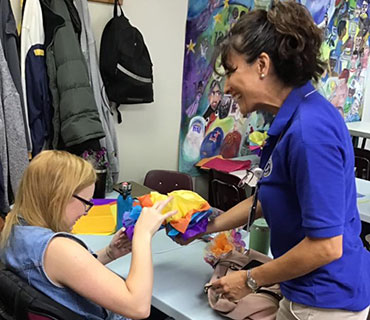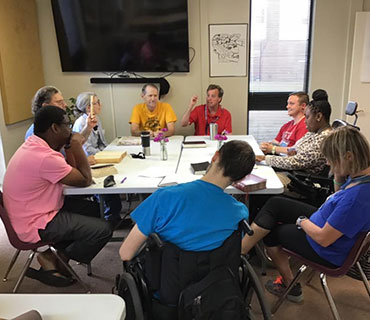Brain Injury Services
Services We Offer
Case Management
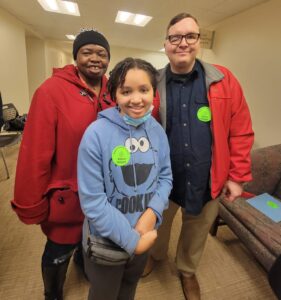
Eggleston’s Brain Injury Services Case Management program provides specialized case management to address the complex needs of survivors who have experienced disabilities because of a brain injury, which can include cognition, behavior and physical limitations. This program focuses on minimizing institutionalization and maximizing the clients’ strengths and abilities in order to be a part of their community. The Case Manager will also work on increasing the capacity of other organizations to serve our clients and their families effectively, as well as providing community education. Each individual’s service plan and goals is unique. Case Management is the process of identifying and accomplishing each client’s personal goals in order to empower the individual to maximize their potential to lead a productive and fulfilling life.
Case Management services are provided at no cost to the individual. A Case Manager provides guidance, education, and empowerment. They can link you with community resources, set up services for you, and act as a liaison with other providers. Our Case Managers meet with each client in the location that best suits his/her individual needs, such as in their own homes, in the Case Manager’s office, or a community location such as a restaurant or a library.
ELIGIBILITY
- • Must have documented evidence of a brain injury, which occurred after birth. Examples of such documents include:
- – Hospital Record
- – Medical Record/Appointment Summary
- – Letter from a physician
- – Neuropsychological Evaluation
- – Individualize Education Plan (IEP)
- • Must be at least 18 years of age.
- • Must reside in Chesapeake, Norfolk, Portsmouth, Suffolk or Virginia Beach.
- • Must sign a release for obtaining necessary assessment information. If the Case Manager believes that the individual has a problem with drugs and/or alcohol, he/she must participate in a substance abuse evaluation and must be willing to follow treatment recommendations.
- • If the Case Manager believes the individual is a danger to him/her self or others, the individual must participate in a mental health evaluation and must be willing to follow treatment recommendations.
Beacon House
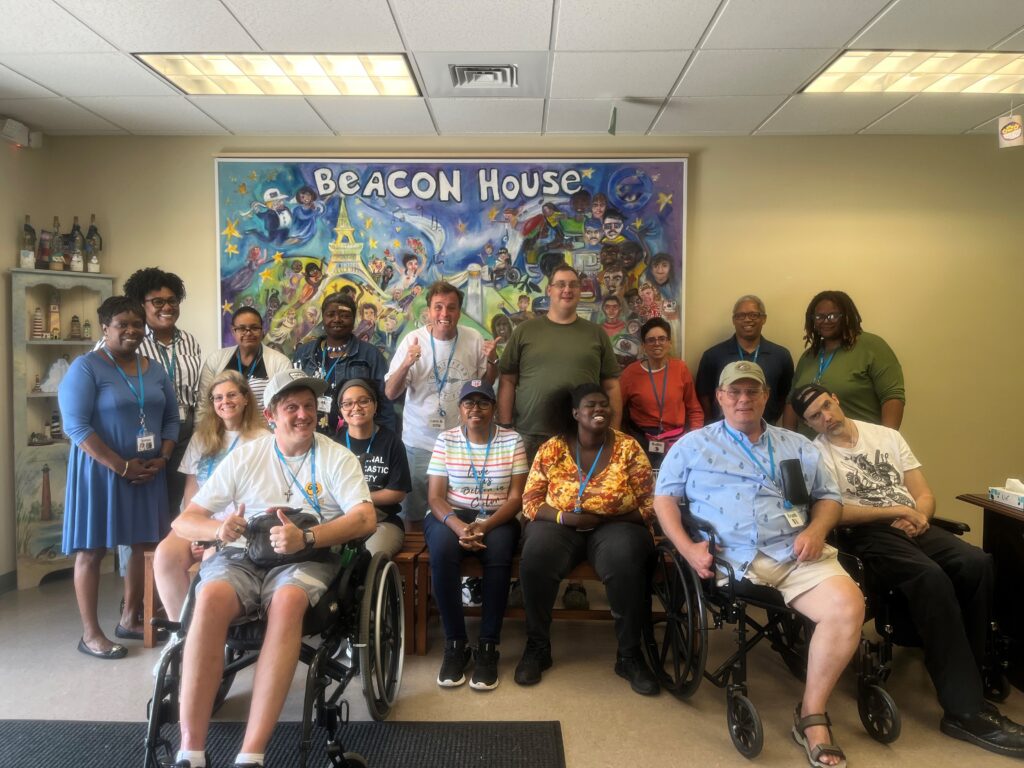
Beacon House is an Acquired Brain Injury (ABI) Clubhouse, a program for people living with the effects of an acquired brain injury. A Clubhouse focuses on abilities rather than disabilities and capitalizes on these abilities for the combined good of all Members. Members of the Clubhouse are recognized for their contribution, no matter how big or small that contribution is. There are no ‘patients’ in the Clubhouse. Members work together to support each other in the pursuit of personal goals. In the process, people develop the skills and self-esteem needed to regain control of meaningful and productive lives. The Clubhouse encourages community re-entry, the rebuilding of social relationships and the training of skills required to return to productive activity. A Clubhouse is a community intentionally organized to support individuals living with the effects of brain injury. Through participation in a Clubhouse, people are given the opportunities to rejoin the worlds of friendships, family, important work, employment, education, and to access the services and supports they may individually need. A Clubhouse is a restorative environment for people who have had their lives drastically disrupted, and need the support of others who believe that recovery is possible for all.
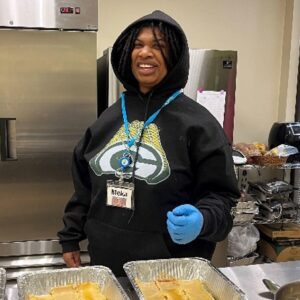
ELIGIBILITY
- • Any individual who has a documented brain injury who:
- • Is at least 18 years of age
- • Manages self-care and medication independently – or must have a personal aid to assist him/her
- • Is able to participate with limited supervision
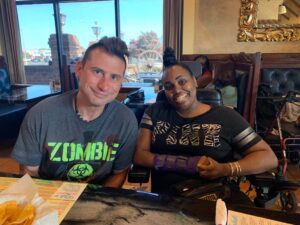
- • Is able to contribute to the clubhouse community
- • Has a desire to work towards personal and vocational goals
- • Does not pose a threat to the health and/or safety of the clubhouse
- • Is able to arrange transportation to and from the Clubhouse
Beacon House and Case Management are supported in part by state general funds administered by the Virginia Department for Aging and Rehabilitative Services.
Support Groups
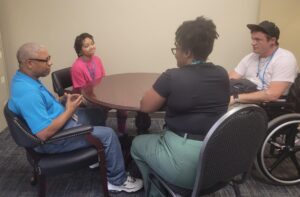
Living with a brain injury can be lonely. It helps to know you are not alone – whether you are an individual living with a brain injury or a family caregiver. Many people who go to a support group express relief in finally finding others who “get it.”
A brain injury can result from any number of different accidents or traumas. The one thing all individuals suffering from ABI need is support. Fortunately, there is help. Eggleston offers groups for survivors and their caregivers, family, and friends.
People with a brain injury can:
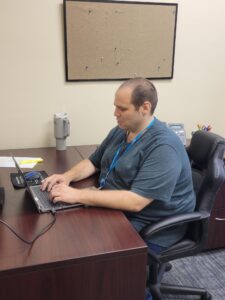
- • Be accepted for who they are now – not for who they were before
- • Learn information that is relevant and delivered in a way they understand
- • Get to express feelings in a place where they are supported, accepted, and understood
- • Provide help to others and in doing so feel better about themselves and increase self-confidence
- • Have the opportunity to practice social skills with people who will be OK with “slip-ups”
Family members and loved ones of someone with a brain injury can:
- • Find a forum for problem-solving
- • Get a better handle on managing cognitive & behavioral changes
- • Have a place to talk about their individual and family’s adjustment issues
- • Learn more about survivor adjustment
The groups are held virtually on the second Thursday of every month from 6pm – 7pm. For more information and to get the zoom link, please contact Jamie Peed at jpeed@egglestonservices.org | (757) 431-7793
For more information contact our staff
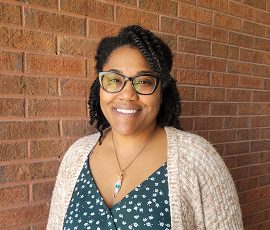
Teslyn "Tes" Savage
Program Manager, Brain Injury Services 5145 East Virginia Beach Blvd.Norfolk, VA 23502
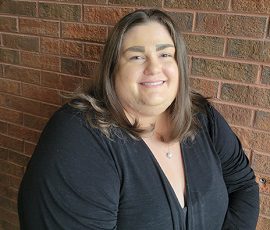
Jamie Peed
MPH, CBIS, Brain Injury Case Manager 5145 E Virginia Beach Blvd.Norfolk, VA 23502

